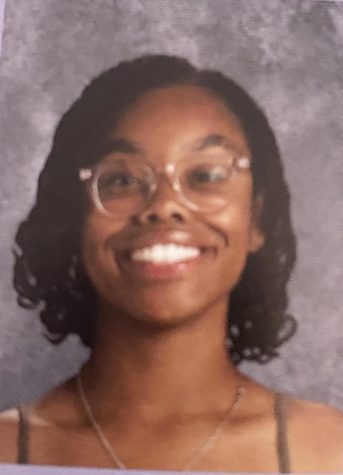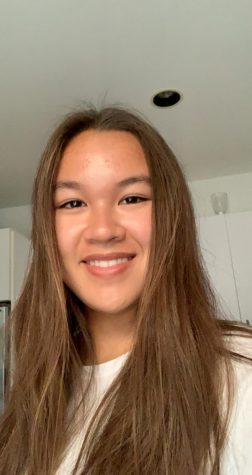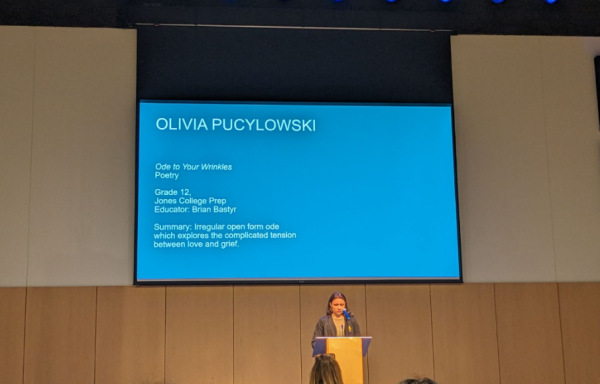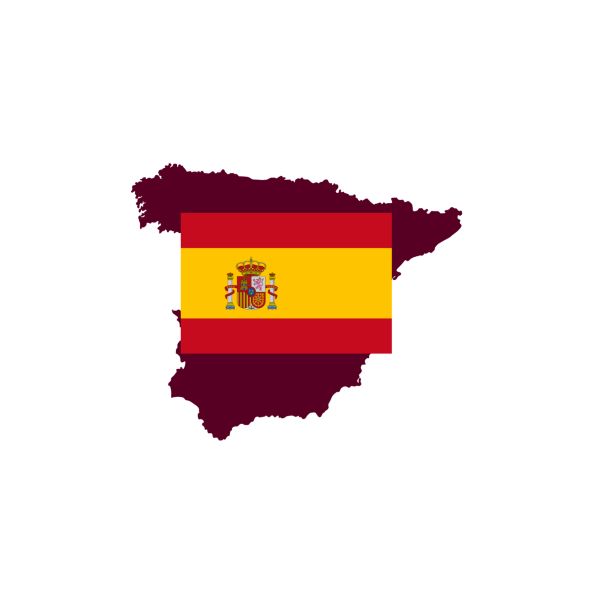The “mad hacker”
The student behind GradeTree and his next steps
When Aspen rolled out in April 2019, students and teachers alike agreed that the new system was a pain. Many students complained about the difficulty of finding grades, while teachers found difficulty in inputting grades and attendance. However, students’ complaints were heard by Kevin Gao ‘20.
Gao took it upon himself to create the app, GradeTree. GradeTree clearly shows students’ overall grades in their classes. When a class is clicked on, categories that grades are made up of and assignments are listed below. Students can also view their attendance records, their transcripts, and class schedules.
“I heard people talking about it and they said it’s hard to navigate. After trying myself, I realize it’s actually pretty horrible, especially the mobile version. I mean, the web version kind of makes sense. But in the mobile version, it takes so many extra steps just to check your grade and your attendance,” Gao said.
The Jones community was surprised that someone made an app that simplifies Aspen. However, Gao is a member of Robotics Club, and its sponsor, Steven Clayton, said Gao not only works during club meetings but also outside of class.
“I think it’s amazing and I’m surprised somebody did it. But, the fact that it exists and Kevin made it doesn’t surprise me.”
During his junior year, Gao moved from Beijing, China to Chicago. Gao also completed AP Computer Science A, the highest level computer science class offered at high schools.
“He [Gao] came into school at least a month late and I wondered how this was going to go. And, he didn’t know Java before, I think he’s experienced it in other languages. And he just sailed through it,” said Computer Science teacher Michael Kolody.
With all of his accomplishments, Gao could easily be dismissive of fellow students who aren’t as advanced as him.
“I think that the biggest thing that strikes me about him is that he’s very giving and, I’d say, pretty patient with the rest of us,” said Kolody.
Gao demonstrated interest in coding at a young age. He started programming in elementary school, and in sixth grade, he created his first app, MeetingPlus, a voice recording platform.
Gao also created a Japanese dictionary app, JPDict, a resource for Chinese people to learn Japanese, which quickly became one of the most popular apps on the Windows App Store.
“When I was still a little kid, I just kind of sat on my dad’s lap, and just using old computers, I tried to type stuff and tried to use Word and Powerpoint,” Gao said.
Gao’s early start with computers and programming made him perfect to take on the task of simplifying Aspen. In just three weeks, Gradetree was completed in its basic form, and a few months later it was on the app store.
“How the app works is I don’t have direct access to the Aspen database,” Gao said. “So I just log in to the website like everyone does, and I just scrape the data and copy it from the webpage, so it’s basically just a little browser running in the background and copying the data for you and reformatting it in a better way than the original app.”
Almost as quickly as it was up, however, the app was pulled from the store by Apple, citing claims of “intellectual property theft” .
“I couldn’t mention CPS in my description of the app, unless it was officially theirs,” said Gao.
Attempting to rectify this, Gao met with CPS and Follett, the company that runs Aspen.
“The goal of the meeting was not making my app official, it was more like taking some design aspects and a good part of my app and incorporating it into maybe the official app in the future,” Gao said.
With the potential of CPS incorporating his design, Gao is already planning for future changes to Gradetree.
“Because I’m already a senior, my next step regarding the Gradetree app is passing the legacy to some underclassmen and letting them take care of the app, just in case CPS changes the website’s format or there is an update that causes the app to not work anymore,” said Gao.
In his future, Gao has his eye on Stanford and Carnegie Mellon, where he is planning to major in bioinformatics or computational biology.
“As far as I’m concerned, it will be better in the future to know computer science and programming and combine it with another subject,” Gao said.










